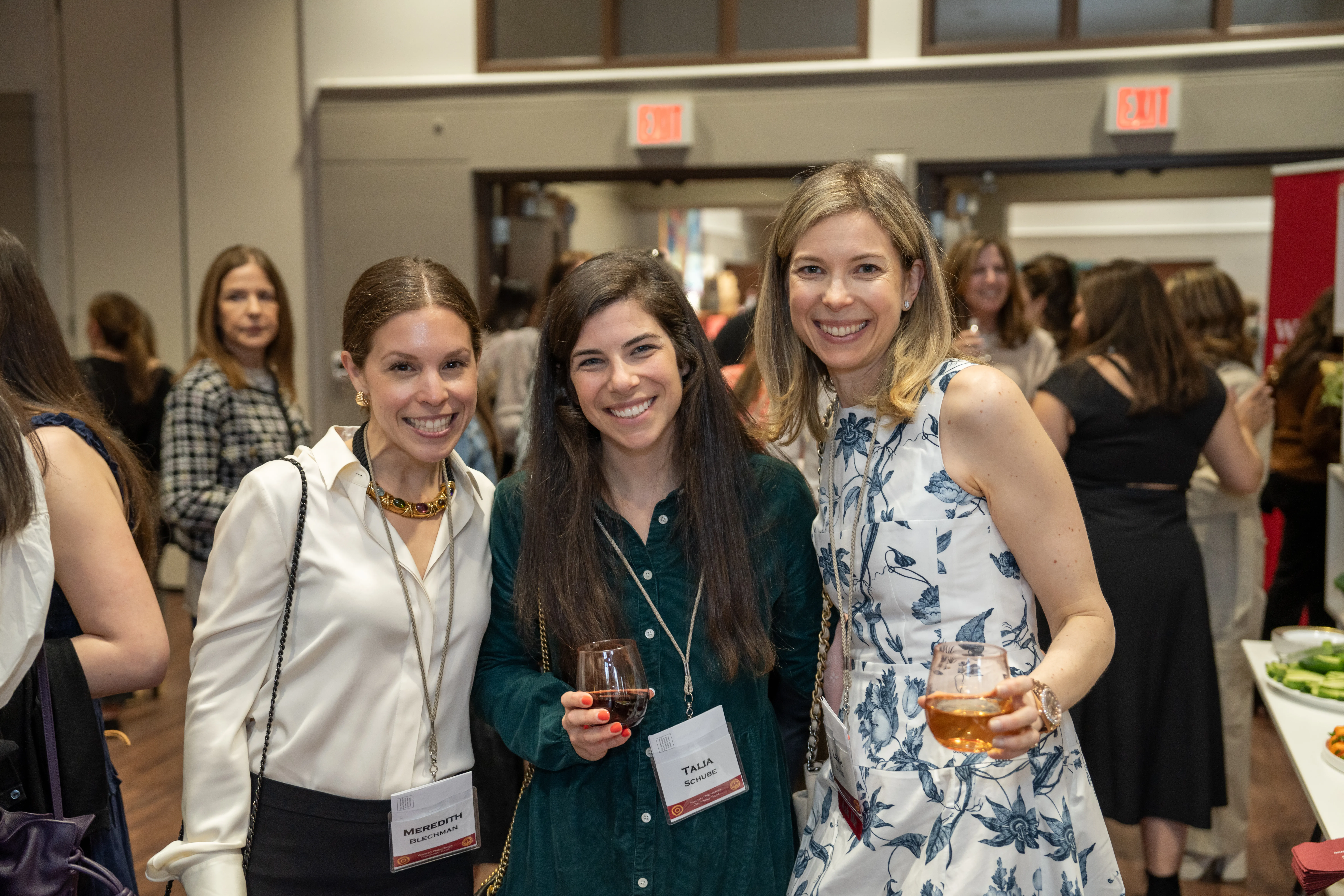JECCA Kallah 2025: Growing with Purpose
Opening Learning Session for All Participants: “Shaping Lives and Building Bridges: The Transformative Role of Early Childhood Educators” with Rabbi Dr. Meir Muller
Early childhood educators are often seen as nurturing caregivers, but their work extends far beyond the stereotypes of “cute” interactions and simple play. This keynote begins with an inspiring story that underscores a critical truth: early childhood educators are skilled professionals with the profound responsibility of shaping young lives.
Date & Time
February 17
8:30 am - 3:30 pm
8:30 am - 3:30 pm
Location
Temple Sinai
5645 Dupree Drive
Sandy Springs, GA 30327
Get directions
Organizer
Jewish Education Collaborative
